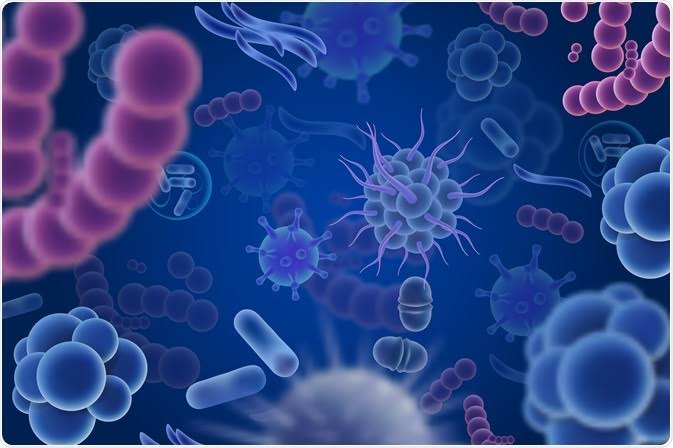Gut Microbes May Help Flush Harmful “Forever Chemicals” from the Human Body

New research published in Nature Microbiology on July 1 suggests that the human gut — or more specifically, the microbes living within it — could play a vital role in removing toxic “forever chemicals” from the body.
Scientists have found that certain strains of human gut bacteria can absorb and store per- and polyfluoroalkyl substances (PFAS), synthetic chemicals widely used in nonstick cookware, waterproof fabrics, and stain-resistant products. These chemicals, notorious for their resistance to breaking down in the environment or human body, have been linked to a range of health issues including high cholesterol, developmental delays, and some forms of cancer.
In laboratory experiments, researchers exposed gut bacteria to two common forms of PFAS. The microbes — including strains such as E. coli — absorbed between 20 and 75 percent of the chemicals without any apparent harm to themselves. The substances were stored in clusters inside the bacterial cells.
“This is a promising discovery,” said Kiran Patil, a molecular biologist at the University of Cambridge and lead author of the study. “Our gut microbiome does a lot for us — and maybe it’s helping us combat PFAS exposure as well.”
To further test their findings, the researchers used “humanized” mice — animals whose native gut microbes were replaced with those found in humans. These mice excreted significantly more PFAS in their feces compared to microbe-free mice, providing strong evidence that gut bacteria can help carry these chemicals out of the body.
Patil notes that while more research is needed to determine if the same effect occurs in humans, future studies could investigate correlations between PFAS levels and gut microbiome composition in people from similar environments. There is also potential for developing probiotic treatments designed to reduce PFAS in the human body.
While global efforts continue to focus on removing PFAS from the environment, this study opens a promising new avenue — leveraging the natural capabilities of the gut microbiome to protect human health from these persistent pollutants.


